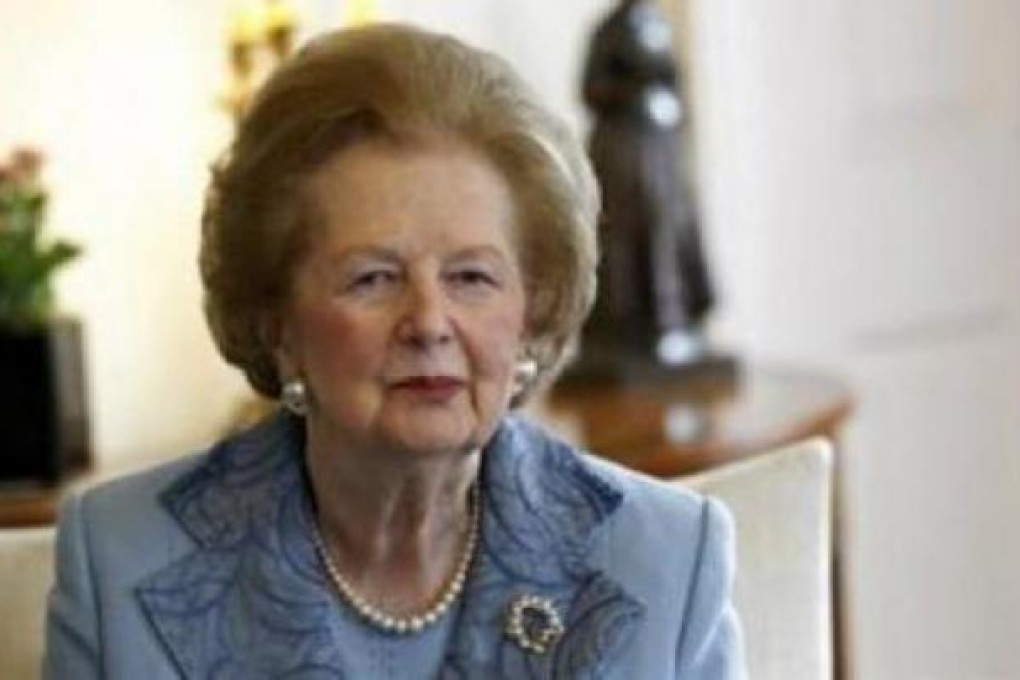The human Thatcher
Thatcher was always hugely supportive of the preservation of Hong Kong’s rule of law, civil liberties, and democratic aspirations. She sympathised with, and appeared to like, pro-democracy campaigners

It is difficult to separate some of my personal memories of Margaret Thatcher – mundane but revealing – from the sweeping judgments of history. I had worked for her as the Conservative Party’s research director, and as a minister for about 15 years, before going to Hong Kong as Britain’s last Governor there. Because she had negotiated Hong Kong’s handover to China, she was a frequent and welcome visitor during my tenure.
Thatcher was always hugely supportive of the preservation of Hong Kong’s rule of law, civil liberties, and democratic aspirations. She sympathised with, and appeared to like, pro-democracy campaigners. I also remember that, while our official residence was full of excellent, hardworking staff, to whom she was always kind and courteous, she was the only visitor – and there were many – who made her own bed! The job was done with all the care and precision of a grand hotel: boxed corners and neatly turned-down cover.
Invariably, when she travelled on business to Beijing, she would insist on first shopping for a present for the former Chinese leader, Zhao Ziyang, with whom she had negotiated Hong Kong’s handover. Since the Tiananmen killings, which he had tried to avert through compromise, he had been under house arrest. By asking whichever senior officials she saw to pass on her gift and her best wishes to Zhao, the Chinese leadership would understand that the outside world was still thinking of him and wanted to ensure his survival. It was typically practical and kind.
As a national leader, Thatcher’s principal achievements were to reverse Britain’s decline, which had gained momentum in the 1970’s, before her first term as Prime Minister in 1979. Little of the extensive coverage of her death has focused on what Britain was like in those years. The economy was on its knees, and the abuse of trade-union power had made Britain almost ungovernable.
Paradoxically, she made accountable and authoritative government possible again partly by curtailing the state’s role in the economy. Her reforms laid the foundations for a period during which Britain’s per capita wealth grew faster than most of its competitors’.
Thatcher’s reforms reinvigorated the private sector, promoted home ownership, lowered taxes on enterprise, deregulated large parts of the economy, and reined in the unions’ power to use their industrial muscle. She set about this reform programme with determination, but – at least until her last years – with subtle pragmatism as well. She moved step by step, invariably in the same direction. No one in government would be in any doubt about what she wanted to do.
The reforms that she undertook struck a chord internationally. Her period in office coincided with the crumbling of Soviet communism in Europe, which culminated with the fall of the Berlin Wall in 1989. She had been an outspoken critic of Soviet communism, like her transatlantic friend and partner, Ronald Reagan. Her espousal of free markets – indeed, her ringing declarations about the link between political and economic freedom – inspired the Soviet bloc’s peoples, who had suffered under the Soviet yoke for 40 years.